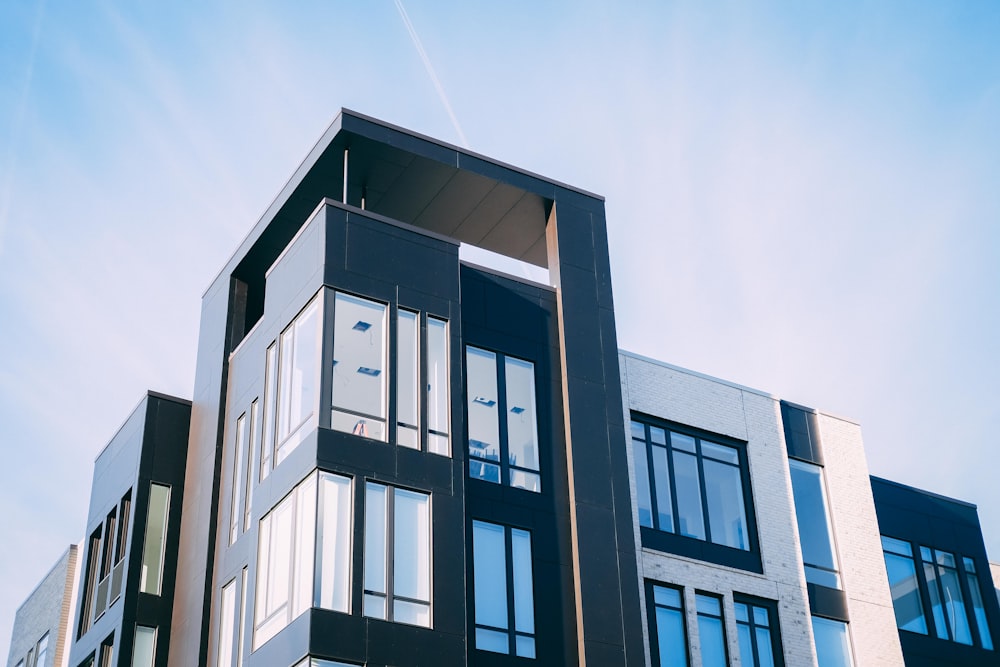For many, the natural progression toward homeownership begins with renting an apartment. You go through a few of those, most likely, before wanting a little more space. Eventually, you get to the point where you want to own your own home. No more landlords, no more restrictions, just proud homeownership.
This is a sensible path. You build up knowledge about the real estate industry as you rent, so when you buy, you can do so with confidence. However, 2020 was a unique year, and many who had planned to buy a home opted to rent for just a little longer.
Contributing factors to sticking with a rental
As the economy shifted, mostly from COVID-19, so did many people’s financial situations. With job losses and income reductions, individuals who were ready to buy a home had no choice but to continue to rent.
At the start of the year, one in ten renters was considering buying a home. As we move into 2021, around 43 percent of those same eager home shoppers changed their mind.
Keeping multi-family units occupied
This shift to stick with renting isn’t necessarily a bad thing. Although it alters the plans of the individual, it helps keep an important sector of the real estate market thriving. Multi-family units give tenants a homier feel without the burden of ownership.
Living in this type of property was already on the rise before coronavirus hit. In 2019, the occupancy rate for these units was by early 2022.
Holding onto your lease
As more people decide to rent, keeping hold of a good place will become even more important. The best way to do that is to understand the lease renewal process. Acting early, with the right information, will help you hold onto your lease.
Get ahead of the end date
It’s best to act before the day your lease is up. If possible, start the process around two months early by reviewing your current rental agreement. That’s where it will specify how many days, in advance, you have to provide notice of your desire to renew. Thirty days is the standard amount, but some ask for as many as 60.
Talk with your landlord
Ask about your options, whether or not rent will increase, and what terms, if any, will change. Once you have that information, don’t be afraid to ask for changes that benefit you.
Write a renewal letter
Draft a lease renewal letter to make things official. Include any terms you’ve already discussed with your landlord. Also include the duration of the new lease, and any other relevant information. This document serves as a great reference should there be any discrepancies when it comes time to sign your new lease.
Making the month-to-month decision
One particular aspect of renewing a lease that differs from when you first signed your rental agreement is whether to sign for a set time frame or go month-to-month. Chris Valverde, a regional property management director of MultifamilyCashin, says, “while not all landlords let you pick between the two, many will consider a month-to-month lease as you go into your second year in a place.”
The biggest difference between a month-to-month lease and a fixed lease is the end date. Month-to-months don’t have one. Instead, both the tenant and the landlord have the ability to terminate the lease at will, with set prior notice. This can be anywhere from 30 to 90 days.
Month-to-month leases give you the flexibility to change your mind about being a renter on your time frame. Should your financial situation change, or you simply feel ready to become a homeowner, you aren’t stuck in a long-term lease.
While the flexibility of this type of lease is great, you may face some consequences for this amenity. The unpredictability of how long your landlord will have the home rented may cause them to raise your rent a little higher than if you’d signed a long-term lease. You’ve also given your landlord the ability to terminate the lease at any point too. That means you could be out of a home before you’re ready.
Long-term leases have their own pros and cons. They may take away your flexibility of when to leave, but give you the security of knowing you’re in your place until a specific date. With a long-term lease, you may also have the ability to negotiate a lower rent increase because you’re signing on for 12 months or more in the home.
Either way, it’s a big decision to factor into your lease renewal process.
Become a homeowner when you’re ready
The great thing about real estate is that you’re in control when it comes to the type of home you’ll have. When you’re ready to buy, there are houses out there. Until then, keeping a hold of a great place to rent is worth a lease renewal.



